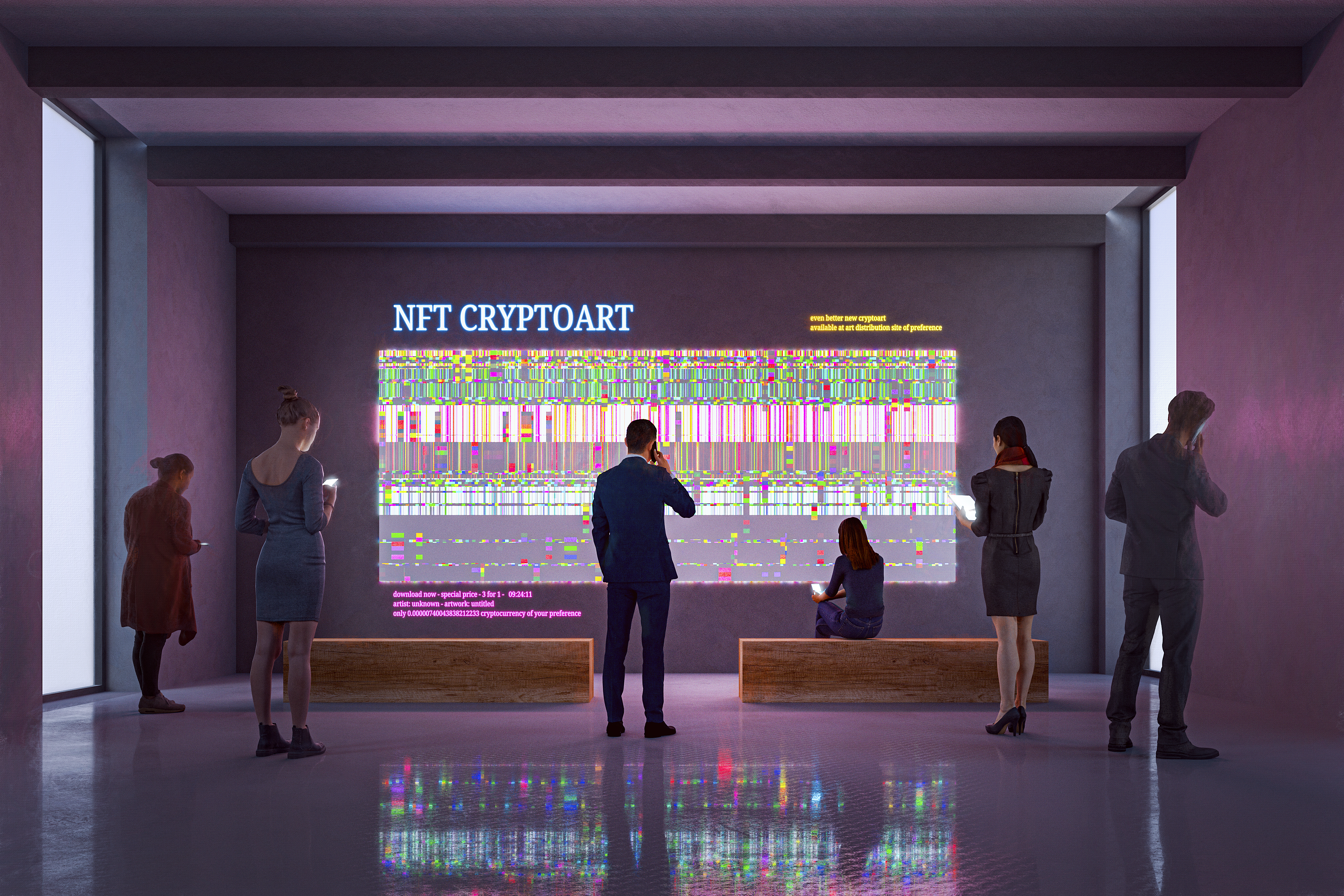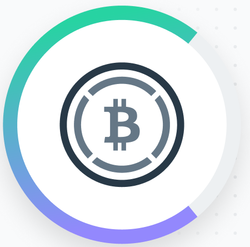
In late July, Solana (SOL -33.71%) launched a first-of-its-kind crypto retail experience in the middle of New York City. Then, in October, it followed that up with the launch of another Solana store in Miami.
In many ways, this new Solana retail store concept resembles an Apple Store — a sleek, high-tech space filled with real-world items to buy, a regular event schedule, and a knowledgeable retail staff able to get you started on your crypto journey.
So are crypto retail stores part of an interesting new trend that will finally tip crypto into the popular mainstream? Here’s a look at several other types of crypto retail experiences to see what they have in common. Perhaps these unique characteristics will be enough to help this new trend blow up.
Image source: Getty Images.
The crypto retail store
For now, the Solana Spaces retail store in New York is the template for what a crypto retail store experience should be. It looks and feels much like an Apple Store. You can learn about Solana NFTs, check out merchandise such as Solana sneakers, and get help with your crypto questions. Solana refers to this as an “embassy” rather than a store, and the idea is that people will spend a considerable amount of time there learning about crypto.
Online, reviews of Solana Spaces have been glowing. It’s easy to see how this same type of store concept could be emulated by rival cryptos trying to attract new users, developers, and investors.
The pop-up store
A much more typical crypto retail store, though, is something that can best be called a “pop-up” store. In New York City, there are already pop-up restaurants and pop-up fashion boutiques, so why not a pop-up crypto store? Back in December 2021, for example, Coinbase (COIN -10.78%) co-hosted a pop-up store in New York City as a celebration of crypto, NFTs, street fashion, and art. This was several months before Coinbase began offering NFTs on its platform, so the timing obviously made sense.
The blurring of the lines between the traditional art world and the NFT art world opens up new opportunities. The NFT marketplace SuperRare, for example, opened up a pop-up NFT art gallery in New York City’s Soho district. This makes sense since SuperRare specializes in unique NFTs from emerging artists and Soho has some of the best art galleries in the nation.
Other store concepts
Stores can also sell crypto-related merchandise next to their primary merchandise. For example, upscale luxury brand Dolce & Gabbana installed a temporary NFT art gallery in its flagship NYC store on Fifth Avenue to celebrate the launch of a pricey new NFT collection. And Los Angeles-based fashion retailer Fred Segal has integrated crypto and NFTs into new types of retail experience featuring digital products.
There are plenty of other creative ways to blur the line between traditional stores and crypto stores. For example, Ape Water — a water brand inspired by the Bored Ape Yacht Club NFT collection and the ApeCoin (APE -13.83%) crypto — is doing a store takeover of the legendary Pink Dot on Sunset Boulevard in West Hollywood in November. As part of a kick-off plan for the statewide distribution of Ape Water in California, Pink Dot will stock bottles of Ape Water featuring the Bored Apes.
Location, location, location
So what do all of these store concepts have in common? The short answer is: “Location, location, location.”
All the crypto experiences in New York City, for example, are in high-density, high-traffic neighborhoods: Fifth Avenue, Chelsea, Soho, and Hudson Yards. The new Solana “embassy” in Miami is located in the funky and artistic Wynwood district. For now, it’s hard to imagine crypto retail stores popping up in bland suburban malls.
Recognizing that millennial investors are more likely to stop by than older investors, these crypto retail experiences have focused on adding elements that appeal to younger investors, such as art, music, sports, and celebrity culture. The new Solana store in Miami, for example, features exclusive celebrity-inspired merchandise, a co-working lounge, and an NFT-inspired coffee shop. The Coinbase pop-up in New York featured limited edition T-shirts and toys in Japanese vending machines.
Will crypto go mainstream?
Only time will tell whether any of these crypto retail experiences pan out. But there is obviously a blurring of the lines between traditional retail and the brave new world of crypto retail. I’m particularly intrigued by cryptos such as Solana that are emulating the Apple Store model and bringing crypto to the masses. Once Solana has its new Saga mobile phones ready to buy in early 2023, this real-world product could be a big draw for people looking to stop by and learn more about crypto.
Remember: People were plenty skeptical when Apple opened its first retail store back in 2001, so it’s easy to see why people are skeptical about Solana more than 20 years later.
At the very least, the presence of more of these crypto retail experiences could help crypto go mainstream. People who are intimidated by cryptocurrency are more likely to invest if they can get help in a cool, funky environment and fiddle around with new crypto gadgets and devices before actually buying them.
That’s why I’m so bullish on the future prospects of Solana: It is making crypto easier to understand and use, and doing it in a way that Apple has already shown can be very successful.
Dominic Basulto has no position in any of the stocks mentioned. The Motley Fool has positions in and recommends Apple, Coinbase Global, Inc., and Solana. The Motley Fool recommends the following options: long March 2023 $120 calls on Apple and short March 2023 $130 calls on Apple. The Motley Fool has a disclosure policy.












































































Be the first to comment